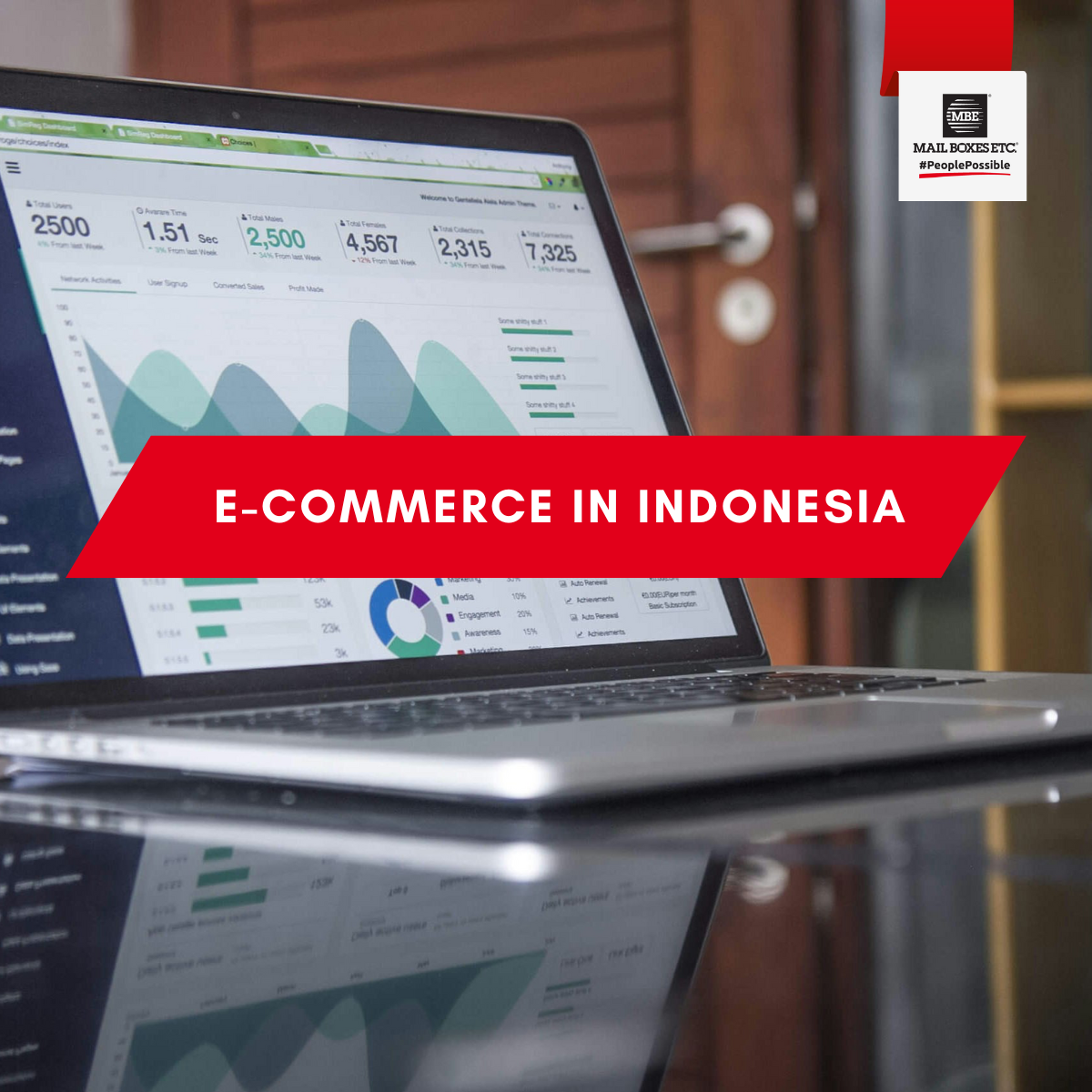Indonesia is one of the fastest-growing e-commerce markets in the world, with an estimated market value of $56.81 billion by 2025 With a rapidly expanding middle class, increasing internet penetration, and strong mobile commerce adoption, the opportunities for online businesses are immense. However, many businesses entering this market face significant challenges that can impact their success.
In this blog, we highlight the top five challenges in Indonesia’s e-commerce sector and how businesses can navigate them effectively. As MBE Worldwide, we understand the importance of seamless logistics, reliable infrastructure, and strategic planning for businesses looking to enter and thrive in Indonesia’s e-commerce market. Our solutions help entrepreneurs, franchise owners, and logistics providers optimize their operations in this fast-growing economy.
- Underestimating Indonesia’s Complex Logistics Landscape With over 17,000 islands, Indonesia poses a unique challenge for businesses trying to establish a reliable delivery network. Companies that don’t plan for the country’s geographical complexity may experience long shipping times, high costs, and frustrated customers.
- Navigating Regulatory and Tax Compliance Indonesia has strict e-commerce regulations that businesses must follow, including data protection laws, import/export rules, and tax obligations. Companies that fail to comply risk penalties, disruptions, or even being forced to shut down. To operate legally, businesses should register with the Indonesian Investment Coordinating Board (BKPM) and stay informed about tax policies, such as VAT regulations on digital goods and services.
- Dealing with a Split Payment System One of the biggest challenges in Indonesia’s e-commerce market is the fragmented payment system. Credit card usage is relatively low, while digital wallets, bank transfers, and cash-on-delivery (COD) dominate the market. Businesses that do not offer diverse payment options risk losing customers who prefer specific payment methods. To succeed, companies must integrate various payment gateways, support local digital wallets such as GoPay, OVO, and Dana, and ensure a smooth checkout process to increase conversions and customer satisfaction.
- Overcoming Intense Market Competition
Indonesia’s e-commerce sector is highly competitive, with global giants like Shopee, Tokopedia, and Lazada dominating the market alongside numerous local businesses. New entrants often struggle to stand out due to aggressive pricing strategies, high marketing costs, and customer loyalty programs offered by established platforms. To succeed, businesses need to differentiate themselves with strong branding, excellent customer service, and unique product offerings. Additionally, leveraging social media and influencer marketing can help increase visibility and build trust with Indonesian consumers.
- Limited Internet Penetration and Digital Skills
One of the key challenges for Indonesia’s e-commerce market is the relatively low internet penetration and limited digital skills among the population. According to Wikipedia, the average internet penetration in Southeast Asia is around 38% for people aged 15 and older, except for Singapore, where internet usage is much higher (~67%). This means that a significant part of Indonesia’s population still has limited access to online services, which slows down e-commerce growth.
Additionally, there is a shortage of skilled workers in IT-related fields, such as software development and e-commerce platform management To overcome this challenge, businesses need to invest in digital infrastructure and education to improve internet access and enhance digital skills across the country.
Conclusion
While Indonesia’s e-commerce market presents immense opportunities, businesses must navigate significant challenges to succeed. From overcoming logistical hurdles to adapting to a fragmented payment system and fierce competition, companies need strategic planning and localized solutions to thrive. Investing in digital infrastructure, regulatory compliance, and innovative marketing strategies will be key to unlocking the full potential of this dynamic market.
At MBE Worldwide, we support businesses in optimizing their logistics and operational strategies to meet the evolving demands of Indonesia’s e-commerce landscape. By staying informed and adaptable, businesses can turn these challenges into opportunities for growth and success.
Start your entrepreneurial success with MBE
MBE is expanding around the globe. Click below to get more information about our opportunities.

